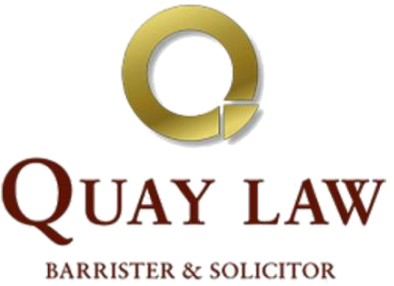Source NZ Herald
May 2013
Immigration urged to clarify sponsors’ liability for hospital debt.
By Martin Johnston
An Auckland man has been saddled with years of debt repayment after his mother came to visit from overseas and fell ill with serious heart problems that cost $110,000 to treat.
Now the Auckland District Health Board wants Immigration New Zealand to spell out the rules on eligibility for state-funded health care for people coming to this country and the financial risks faced by those who sponsor them.
The woman, described in board papers as a non-resident and visitor, was sponsored to come here by her son and fell ill late last year.
She spent almost 20 days in Auckland City Hospital, mostly in the cardiovascular intensive care and coronary care units.
Her son now owes the health board $110,000.
Following intervention by Labour MP Phil Twyford, the man offered to pay $15,000 followed by $100 a fortnight for two years – a total of $20,200, which would leave a debt of $89,800.
The board has accepted the two-year plan, but reserves the right to pursue him for the rest.
“At the end of the two years we’re not writing off the debt,” said the board’s communication manager, Mark Fenwick.
“We are going to ask [him] to keep paying it. If [he] can’t, we’ll cross that bridge then. It would leave us the option of placing the balance of the debt with Baycorp, the usual process.”
He said the board was writing to Immigration NZ urging it to be “forthright with sponsors about the possible risk that they may face”.
An Immigration NZ spokesman said the law on sponsorship was strengthened in 2010. Sponsors must sign a commitment that explicitly included the costs of any medical treatment needed by “their visitor”.
Failure to pay such costs “may result in the deportation of the sponsored person”.
“Sponsors are advised that they may want to encourage people they sponsor to arrange travel – including medical – insurance before they come to New Zealand.”
Mr Twyford, the MP for Te Atatu, would not divulge details about the family.
“They are constituents of mine in West Auckland. A family member came from overseas, has some major health complications and had to be admitted to hospital.
“I felt that if the DHB had put Baycorp on to these people and forced them to pay the entire debt, it would have driven a family of modest means into poverty. I think that would be unacceptable.
“The solution that’s been found sees the family making a substantial contribution that they can make.”
The Government’s policy wasn’t working and a Labour government would investigate other options to ensure that the health care costs of visitors to New Zealand “can be covered in some way”.
When asked if this meant compulsory health insurance, he said: “I don’t want to go that far because there may be other options”.
Bad debts
• $4.6m owed to Auckland DHB in 2010/11 financial year by those ineligible for state health funding
• $2.6m covered by special payment from Health Ministry in 2010/11
• $2m shortfall carried by DHB and its population in 2010/11
• $9.7m shortfall carried by DHB in last decade



